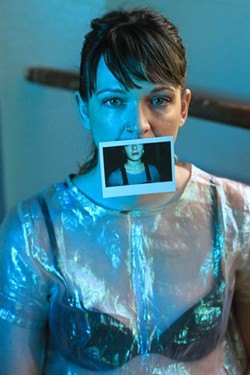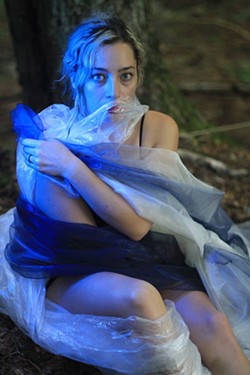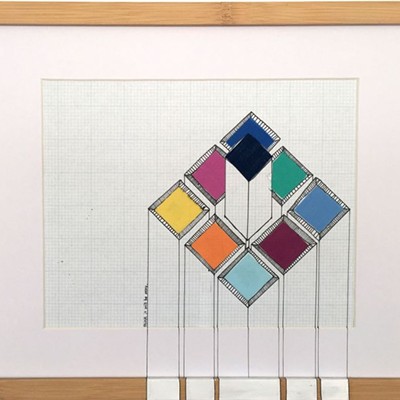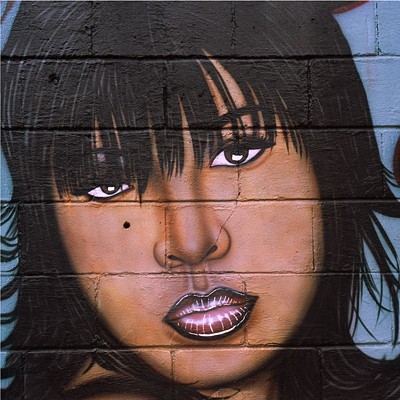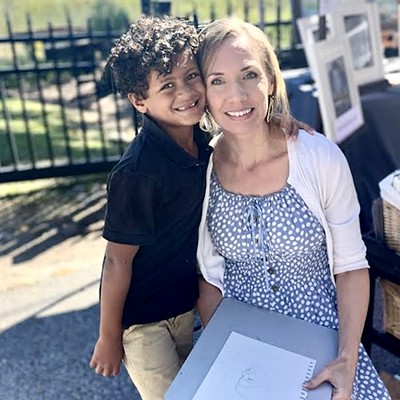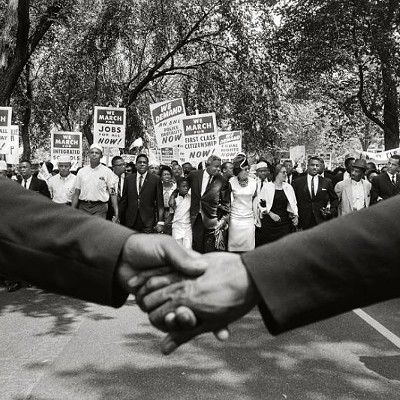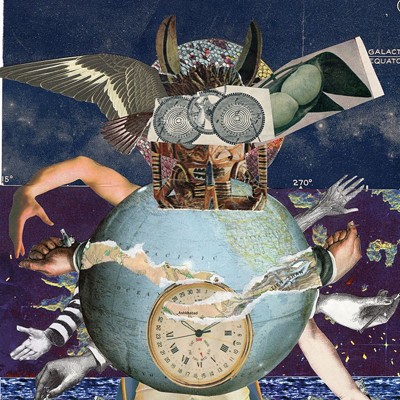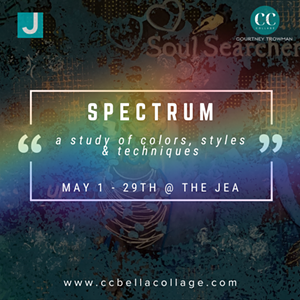TONI-LYN KELLER’S passion for female empowerment is evident in everything she does.
From her lifestyle photography with Laurel Drive Studio to her activism against sex trafficking, Keller’s work all comes together.
Now, her first solo exhibition of her personal photography is “Hush,” a stunning collection of photography of women with their mouths obscured. The collection is on view at In Vino Veritas through May 23.
Connect spoke with Keller last week.
How did you develop the idea for Hush?
I’ve been doing this series for over a year now about the silencing of strong women. It started out with a studio at Sulfur, and I was having women I knew come in and using concepts that I was trying out, trying to have them cover their mouths in some way. Not all of them are directly, some are covered with fabric. Two are covered with flowers. This is really important work to me in general, but with the current climate it’s accelerated. It’s daily on my mind in some way.
How did you choose who to photograph in each pose?
It was literally a stream of consciousness kind of thing. I have the best friends in the world because I’d text them and that same day be like, “Can you be here right now in my yard covered in leaves?” And they’re like, yeah [laughs]. They know me, but they also know my work enough that they’re excited to be a part of it. They’re just a bunch of badass local women who wanted to be a part of it.
Is this your first solo show?
Yes it is. I did a collaborative show last year. I don’t like showing my stuff—obviously I show client work, but this is my heart work. This is what I’m passionate about. I have thousands and thousands of photos I’ve never shown anyone.
Tell me about doing ifestyle photography.
I want it to feel like a celebration of where you are with your business, your career, whatever. I do boudoir, but that has really such a large range. It can be something mildly erotic or sexy, but it doesn’t have to be nude. It can just be fun.
I’m not married, I don’t have kids, so in a way I’m like, ‘What are we celebrating?’ I’ve been in long-term relationships that were meaningful and I would have loved to have pictures of us in our home. I don’t think you need to get married or have a kid to celebrate.
With boudoir, it speaks so much to messages we’ve gotten as women. Usually I hear, “I need to lose five pounds.” I want people to feel comfortable for sure, but I think we’re too hard on ourselves. With these women, I’m like, “Are you kidding? You’d be amazing.”
Tell me about your activist work.
I used to go into strip clubs and make sure the girls were safe. There’s a task force in town that helps stop sex trafficking and I got started with that years ago. Savannah is a stopping point between New York and Miami, so it’s a hotbed for trafficking. With all this knowledge of trafficking in general and after doing training with Homeland Security, when I moved to North Georgia I just started a thing. My friend and I started going to the one strip club they had in town and it took months and months to build trust with the girls, and then it was really beautiful. It was so interesting, the perception these women have of us coming in as if we were saviors. We worked hard to break down a wall of, “No, that’s not why we’re here. I don’t think you need saving, I just have all this information.”
Strip clubs are a major place for someone to come in and coerce the women. It’s so easy to be tricked into sex trafficking.
How does your activism inform your work in Hush?
There are so many amazingly strong women that have voices, who are making their voices heard, and there are still so many people who just aren’t listening. So many times, we talk about women not having a voice. Some people think we’re basically punching dudes and shoving it in their face instead of just subtly bringing in awareness. I want [Hush] to be an experience that’s beautiful and makes people think. I want the work to be contemplative without being so in your face.
This is something really important I learned from doing advocacy, all the stuff with trafficking and silencing women in general. It’s so unnerving and maddening that in the beginning I felt like I was constantly starting conversations that other people weren’t ready for. I was constantly getting angry about it. You need passion, you need to be hopeful, but my partner at the time was like, “You’re stressing yourself out to a point where it’s unhealthy.” Every time I saw a man on the street I would get stressed out and think, “Maybe he’s a pedophile, maybe he’s a terrible person.” You need to have a way to combat things in a constructive way. The conversations can’t be constructive if you’re always yelling or upset. You have to be able to step back. That’s what I’m doing with this work.

